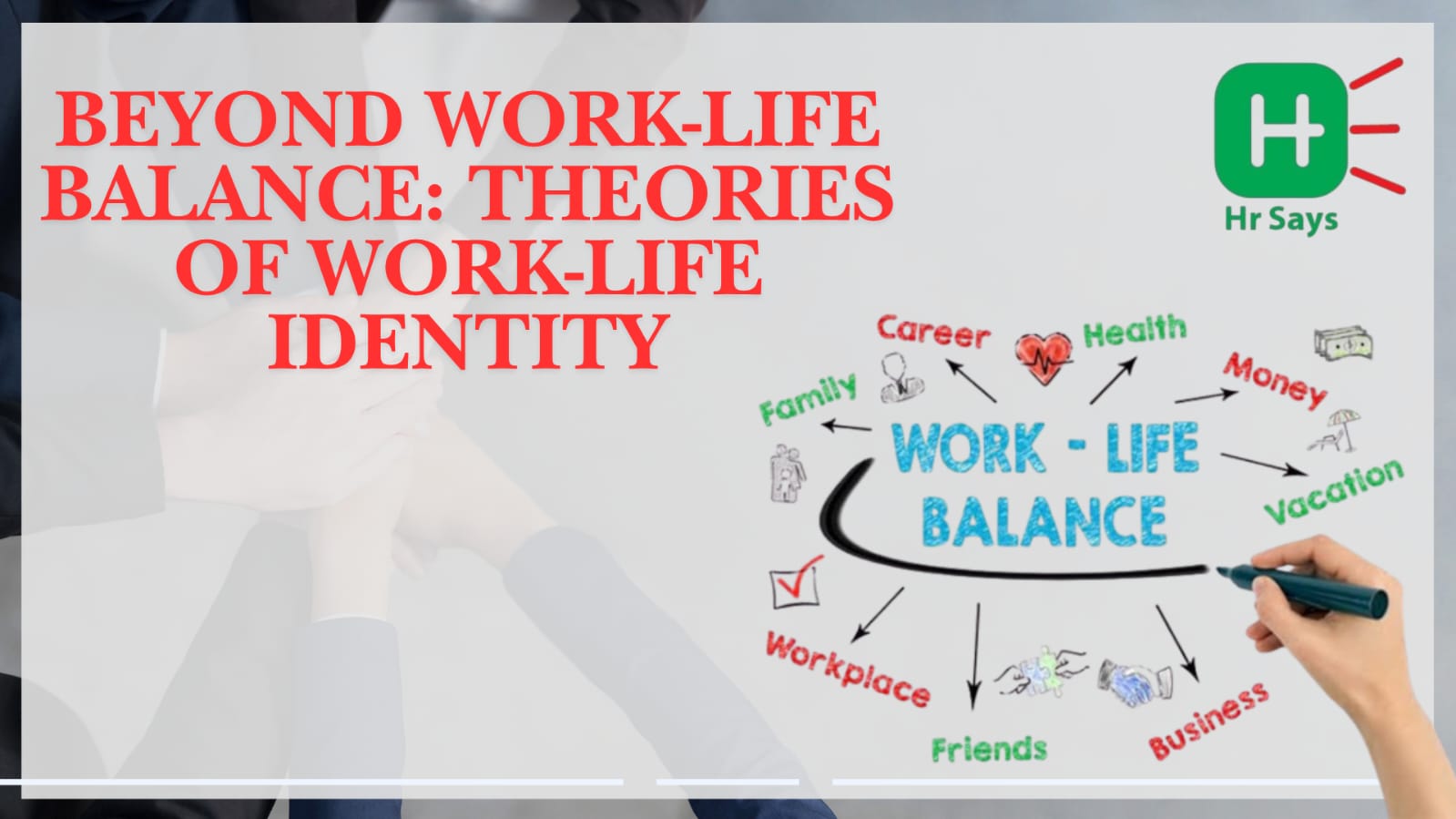What happens when a job becomes more than a paycheck? When titles aren’t just roles, but reflections of who we are? The line once separating “work” and “life” is fading fast. In its place, something deeper is growing—work-life identity.
The New Narrative: Work as Self
Work used to be a part of life. Now, for many, it is life. Not in hours, but in meaning.
● LinkedIn bios speak more like personal manifestos.
● Job titles are worn like name tags at every social event.
● Even hobbies are chosen to “align with professional goals.”
People are curating how they’re seen—not just online, but everywhere. The company someone works for says something. The role says more. And how someone talks about their work? That says it all.
It’s not performative. It’s personal.
Why the Shift?
This didn’t happen overnight. It crept in.
● Remote work blurred physical boundaries.
● Social media blended personal and professional lives.
● Side hustles turned passions into portfolios.
● Younger workers seek meaning over money.
In the past, “balance” meant switching off. Now, it’s about integration. Work isn’t paused at 6 PM—it’s shared at 9 PM on Instagram.
Some thrive in this. Others feel lost.
What This Means for HR
This shift changes everything. From how roles are written to how loyalty is built.
● Job descriptions must align with values, not just skills.
● Employer branding isn’t just external—it’s internal now.
● Culture decks should speak to purpose, not perks.
● Recognition must go beyond performance—to identity, to belonging.
HR has to listen more. Not just during exit interviews. But in everyday chats, Slack messages,
silent disengagements.
It’s not about making work “fun.” It’s about making work matter—in a way that reflects the
person.
The Catch?
When identity and work merge, the stakes get higher. A bad day isn’t just stressful—it’s
personal. Burnout hits deeper. Rejection stings longer.
And when someone leaves? They aren’t just changing jobs. They’re rebranding their whole self.
It’s powerful—but fragile.
Conclusion
Work-life balance was about time. Work-life identity is about meaning. This isn’t a trend. It’s a
transformation.
And while not everyone wants their job to define them, many already feel it does.
So the question isn’t if HR should adapt. The question is—how quickly can it?

 Work is no longer left at the office door. Today, careers are bleeding into identity. People aren't
just employees—they're brands. This shift is real, and it’s changing how companies must think
about culture, roles, and retention.
Work is no longer left at the office door. Today, careers are bleeding into identity. People aren't
just employees—they're brands. This shift is real, and it’s changing how companies must think
about culture, roles, and retention.








.jpeg)
.jpeg)

.jpeg)





.jpeg)



.jpeg)

.jpeg)



